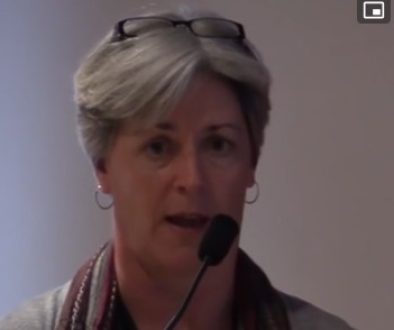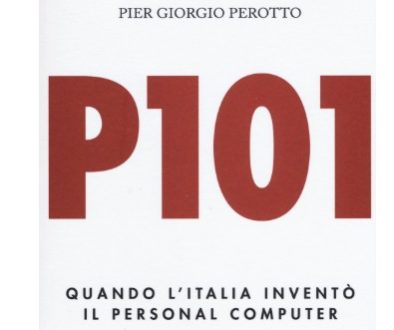Here's how to save the planet from ecological disaster
 How to save the planet from ecological collapse?
How to save the planet from ecological collapse?
The English Environment Agency has put the world's leading experts to discuss. And they have given the answer putting together the coordinating solutions 50 rules. They are rules that governments have to apply and not those other 50 rules that each of us can apply and which has been discussed in the last year.
From the handbook it is obtained that saving the planet is possible. But then why governments should not be committed to doing it? E’ the moment for them mandatory to take the way of the renovation, because human rights, like the one to health, they must prevail. E’ The UN card, then of the world government prototype, which imposes the safeguarding of human rights, And therefore there can be no excuses or hesitations. I know well that the UN is imperfect and fallacious, But we have nothing else at the moment.
Certainly the economic interests of some governments, (few), multinational (moreover), and individuals (??), they will oppose this turning point in all manners, because it is a turning point of eco-compatible progress in the general interest. But following the 50 rules now we can easily recognize them that pursue their petty gain even at the cost of the destruction of human life.
It is therefore a question of "inculcating" the simple concepts listed in the administrators, and oblige them to respect these 50 rules because it goes of the "common good".
Here's an example:The rule 40, which says that "large structures consume much more than small". L’ example provided is that, instead of a school for 3000 students, It is preferable to build 10 schools for 300 pupils each. Same thing for hospitals, Stations etc.. Small is beautiful.
In practice, it is the stop to mega complex in favor of structures located on several small buildings harmoniously connected and each constructible also by small builders. This is certainly to the disadvantage of large builders, But in the end it guarantees greater economic efficiency .
In practice, you have to go towards a reticular model of services and works, and therefore a greater complexity in management, but also a greater diffusion of skills and responsibilities.
We go to a reticular system that certainly works as it is demonstrated by the Venetian model, A model not by chance designed by the Nobel prizes for the economy.
E’ A model that can be ecologically more efficient as scientists now tell us. But which becomes problematic to manage if the administration is like the Italian one, which instead produces disasters such as Vajont, Polesine, Port Marghera etc. etc..
Therefore, reject those regions that are granting the small hospitals often very efficient and cheap in large megacomplexes.
The rule 40, Like the others, It also tells us something about “philosophical”, that is, that manìa for great public works, common ideologies such as the Roman Empire,Communism and fascism, In reality they are megalomanìe harmful as well as for humanity, also for the environment. In fact, the exterminations of peoples were made only by those civilizations that have in common a unique conception of man.
in conclusion, We return scientifically in fact and in the principles towards a harmony between man and the environment that was actually common in the Renaissance period up to the French Revolution. A harmony for the works for men who reigned splendid in the land of S.Marco.
French Revolution, opening the way to the great mass ideologies, marked a great involution towards a monoculture that is contrary to man, which generates in architecture and in the environment of devastation, Just as the centralized legal system was a legal involution for many peoples for federal and peaceful centuries.
Now science tells us that we can save ourselves from the environmental catastrophe by reversing the trend started with the French Revolution, and thinking on the opposite in harmonious manner with the local situation, even if in a global perspective.
Act locally thinking globally, one of the principles of autonomy and millenary Venetian culture.
THE 50 rules
http://blogs.guardian.co.uk/ethicalliving/2007/11/the_environment_agencys_50_thi.html





